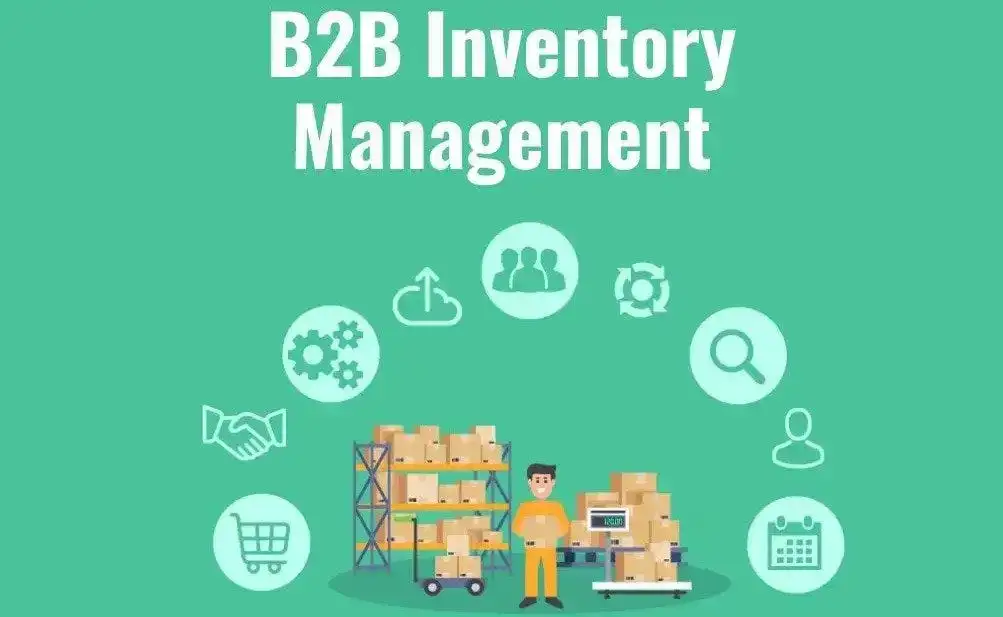In 2025, professional presentations have become one of the most influential tools for business communication. Companies rely on clear, structured, and visually appealing slides to present strategies, pitch investors, introduce new products, and communicate internal decisions. As expectations for quality rise, many organizations now turn to services like https://presentationdesignservice.com/
to enhance their visual storytelling and deliver presentations that truly resonate with their audience.
One of the biggest challenges businesses face today is information overload. Teams often struggle to condense complex data into easily digestible slides. This is where expert ppt design services offer tremendous value. Professional designers understand visual hierarchy, color psychology, and layout strategy. They know how to transform raw information into an organized, compelling narrative that helps audiences follow the message naturally and stay engaged throughout the entire presentation.
A well-structured deck created through a reliable ppt design service ensures that each slide supports the speaker’s main points. Instead of overwhelming viewers with dense text, designers incorporate icons, infographics, and diagrams that communicate key insights quickly. This approach not only improves comprehension but also allows decision-makers to retain important details more effectively.
Businesses aiming to impress potential investors or high-level partners often look for the best ppt design services to maximize the impact of their presentations. In these critical situations, a deck must demonstrate professionalism, clarity, and confidence. Investors evaluate numerous presentations every week, and visual quality plays a significant role in shaping their first impressions. A polished design shows that the company is serious, prepared, and capable of executing its vision.
Another advantage of choosing the best ppt design service is brand consistency. Presentations created by different team members usually vary in style, resulting in a fragmented and unprofessional appearance. Professional designers ensure that every slide reflects the company’s identity — from color palette and font selection to icons, charts, and spacing. A cohesive visual style strengthens brand messaging and builds trust.
Time efficiency is also a critical benefit. Instead of dedicating hours to formatting slides and refining layouts, teams can focus on content development, strategic planning, and delivery. Outsourcing the design process helps companies produce higher-quality presentations without overburdening internal resources.
Platforms like https://presentationdesignservice.com/
give businesses access to experts whoblend creativity with strategic communication. Their work enhances clarity, strengthens narrative flow, and helps companies position themselves more effectively in front of clients, investors, and stakeholders.
In an era where attention is limited and competition is intense, professional presentation design has become an essential investment. High-quality slides not only improve communication but also elevate the overall perception of the organization, making every message more persuasive and memorable.






